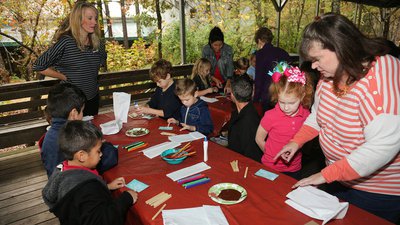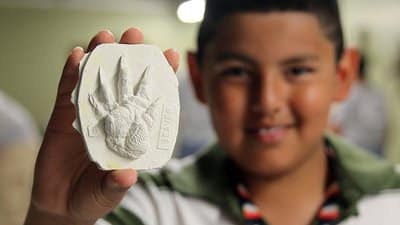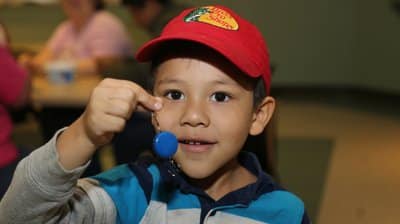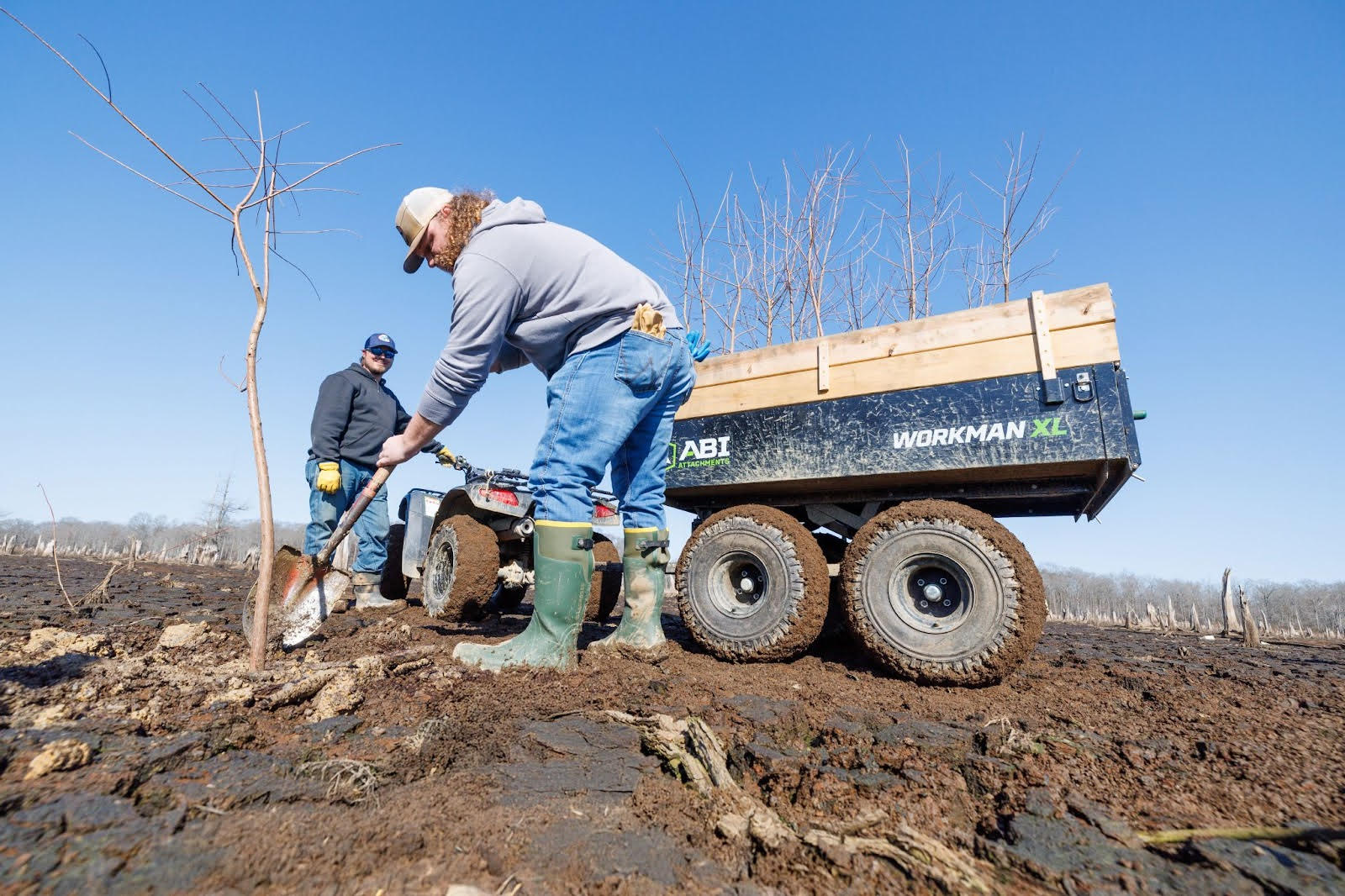Teachers bring the outdoors into their classes with Project WILD
ON 02-09-2022

Feb. 9, 2022
Randy Zellers
Assistant Chief of Communications
CABOT — Teachers, homeschool coordinators and other educators can bring the outdoors into their classrooms with ready-to-teach materials, thanks to the Arkansas Game and Fish Commission and Project WILD.
When COVID-19 shut down schools across Arkansas, many people rediscovered the wonders of nature and took to exploring during those days with the kids. Now that schools are back in session, nature can still be a big part of a student’s day.

Developed in 1983, Project WILD (which stands for Wildlife In Learning Design) is an education program that incorporates nature-themed knowledge and activities with curriculums required by many educational institutions. Educators in traditional schools, home school networks, scout leaders, 4-H coordinators, and even nature camp counselors can attend Project WILD workshops to learn the best ways to blend outdoors-oriented activities and knowledge in lessons they deliver to the next generation of conservationists.
“There’s a Project WILD workshop and curriculum available for all grade levels,” Sheila Lovelady-Connerly, who coordinates the program for the AGFC, said. “There’s Growing Up WILD that’s focused on preschool-aged children to get the ball rolling, and then lessons are available in the standard Project WILD that go from Kindergarten all the way to high-school seniors.”
Before joining the AGFC, Lovelady-Connerly was a teacher in Conway who used the Project WILD curriculum during her 16 years in front of students.
“I would always see increased interest from my classes when we worked with the curriculum,” Lovelady-Connerly said. “It was a chance to talk and learn about nature, and in some cases an opportunity to go outside and enjoy some fresh air and sunshine during the day. That part was also pretty nice being the teacher.”

The lessons aren’t just nature walks or free time for students. They’ve been painstakingly crafted to support many disciplines and crosswalks required in today’s educational standards. Science is obviously covered, but there are lesson plans that cover other subjects, such as math, language arts, social studies and physical education.
“All of the lesson plans follow national standards, and participants will receive professional development credit for attending our workshops,” Lovelady-Connerly said. “The materials were created by professional educators and reviewed for accuracy and educational value, so this is a great opportunity for teachers to have some lessons ready to go that will hold their students’ attention.”
Teachers who attend a Project Wild workshop not only receive professional development credit, but they also receive books full of lesson plans and information to develop their own lessons and customize the lesson to match their grade level and highlight local features. They also become eligible for grants that can be used to purchase supplies for some of the lessons included in the workbooks.
“The grant is part of a new program we developed three years ago called Project WILD Classroom,” Lovelady-Connerly said. “It helps teachers take that next step with the training, and it gives them another resource to network with us and each other and develop as educators.”

Educators can find all planned Project WILD workshops, as well as other professional development workshops on the AGFC’s Outdoor Skills Network calendar, available at www.agfc.com/events. Many of the workshops are available as in-person classes, but virtual options are available as well.
More information on Project WILD and the Project WILD Classroom can be found at www.agfc.com/projectWILD.
Recent News
Subscribe to Our Weekly Newsletter E-mails
Don’t miss another issue. Sign up now to receive the AGFC Wildlife Weekly Newsletter in your mailbox every Wednesday afternoon (Waterfowl Reports are published weekly during waterfowl season and periodically outside the season). Fishing Reports arrive on Thursdays. Fill in the following fields and hit submit. Thanks, and welcome!


